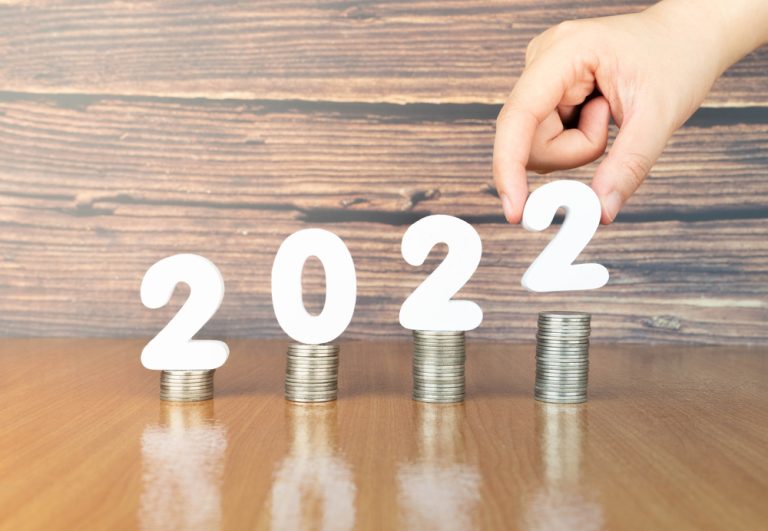4 fool-proof ways to keep on top of your credit cards
Credit cards certainly make life easier – they are simple to use, accepted almost everywhere, and help you to buy what you want, when you want, particularly online. So much…

Credit cards certainly make life easier – they are simple to use, accepted almost everywhere, and help you to buy what you want, when you want, particularly online. So much…

Another year is over. Did you achieve everything you’d hoped? Are you better or worse off financially than you were this time last year? With a new year in front…
End of content
End of content